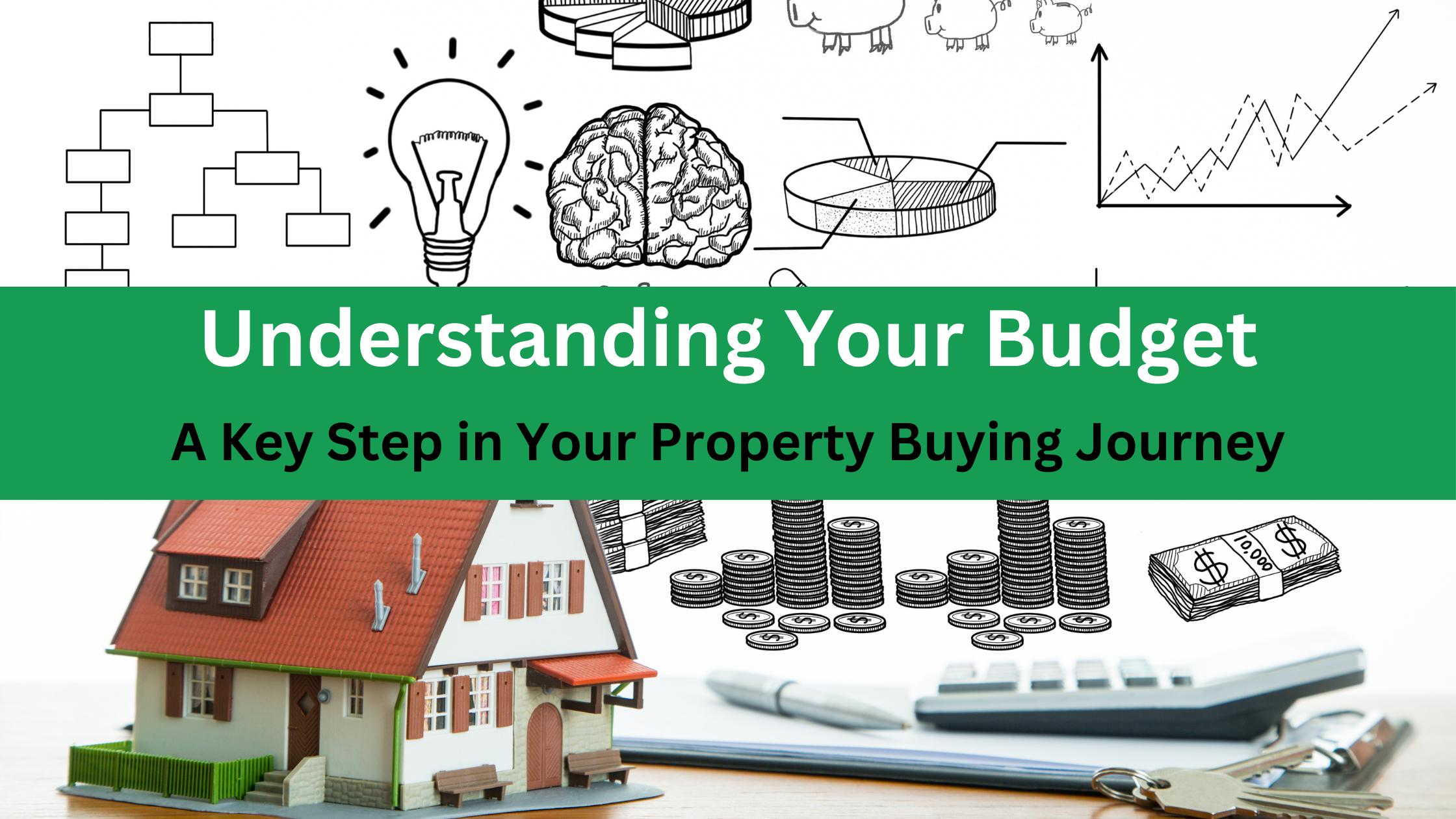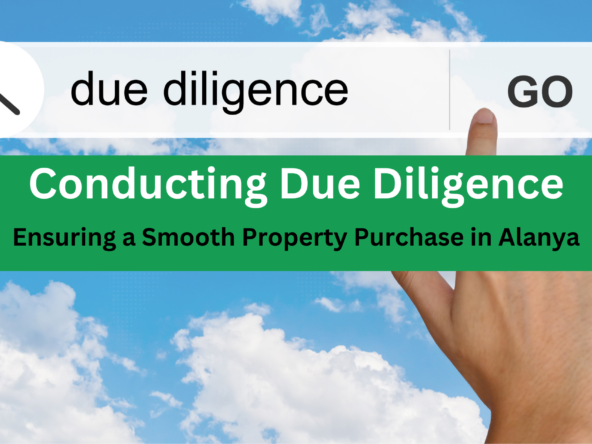When embarking on the journey to buy a property, one of the most crucial steps is understanding your budget. A well-defined budget not only helps you narrow down your property options but also ensures a smooth and stress-free purchasing process. Here’s a comprehensive guide to help you determine your budget and consider all the associated costs.
1. Determine Your Budget:
The first step in the property buying process is to establish a realistic budget. Here’s how you can do it:
- Assess Your Financial Situation: Begin by evaluating your current financial status. Consider your income, savings, and any existing debts or financial commitments. This will give you a clear picture of how much you can afford to spend on a property.
- Set Your Budget Range: Based on your financial assessment, set a budget range. This should include a comfortable upper limit to ensure you don’t overstretch your finances.
- Use a Budget Calculator: There are various online budget calculators that can help you determine an appropriate budget based on your income and expenses. These tools provide a good starting point for setting your budget.
2. Get Pre-Approved for a Mortgage:
If you plan to finance your property purchase with a mortgage, getting pre-approved is an essential step:
- Understand Pre-Approval: Mortgage pre-approval involves a lender reviewing your financial situation and determining how much they are willing to lend you. This gives you a clear idea of your borrowing capacity.
- Benefits of Pre-Approval: Being pre-approved for a mortgage not only helps you understand your budget better but also strengthens your position as a serious buyer when negotiating with sellers.
- Steps to Get Pre-Approved: To get pre-approved, you’ll need to provide financial documents such as income statements, tax returns, and details of any debts. Your lender will evaluate your creditworthiness and issue a pre-approval letter.
3. Consider Additional Costs:
When buying a property, it’s important to account for costs beyond the purchase price. These additional expenses can significantly impact your budget:
- Taxes: Property taxes vary based on the location and value of the property. Make sure to research the property tax rates in the area where you intend to buy.
- Maintenance: Regular maintenance costs are an ongoing expense that should be factored into your budget. This includes upkeep of the property, repairs, and any potential renovations.
- Insurance: Property insurance is crucial for protecting your investment. The cost of insurance will depend on factors such as the location, size, and type of property.
- Closing Costs: Don’t forget to include closing costs, which can range from 2% to 5% of the property’s purchase price. These can include legal fees, appraisal fees, and other transaction-related expenses.
Conclusion:
Understanding your budget is a fundamental step in the property buying journey. By determining your budget, getting pre-approved for a mortgage, and considering all additional costs, you can make informed decisions and avoid financial strain. With a clear budget in mind, you’ll be well-prepared to find your dream property and navigate the buying process with confidence.
Ready to take the next step? Contact Osman Saitoglu for expert guidance and support throughout your property buying journey in Alanya.




